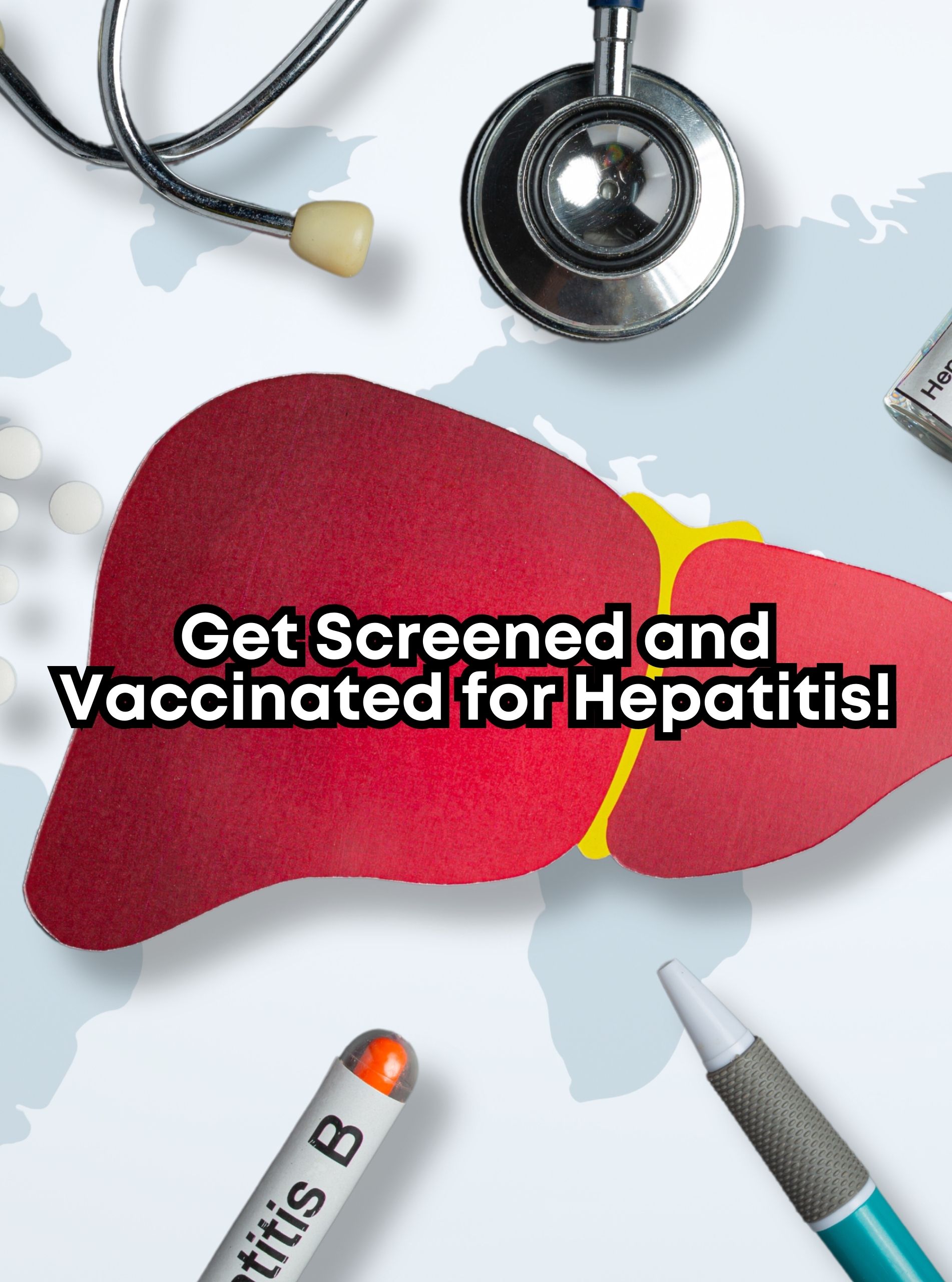

According to National Strategic Plan for Hepatitis B and C Malaysia 2019 – 2023, the number of deaths caused by viral hepatitis is higher than the number of deaths caused by tuberculosis and HIV/AIDS worldwide.
Hepatitis B and Hepatitis C are two different types of viral infections that can affect the liver, potentially leading to liver inflammation, liver damage, and even liver cancer. These infections are primarily transmitted through the transfer of blood or body fluids from an infected person to another individual. It’s important to note that certain high-risk behaviors, such as sharing needles among intravenous drug users or having multiple sexual partners, can increase the chances of contracting these infections. Taking necessary precautions and adopting safer practices can help reduce the risk of acquiring it.

Daily Habits:
You can prevent the transmission of Hepatitis B & C infections by incorporating simple daily practices. Take charge of your personal hygiene by avoiding the sharing of personal hygiene equipment like razors, toothbrushes, and earrings with others. In public areas, ensure proper disinfection in case of any potential blood or body fluid spillage, and opt for single-use equipment when getting tattoos or piercings, for example. By implementing these proactive measures, you can significantly reduce the risk of transmitting the infections.
Hospital Setting:
Healthcare workers must actively practice universal precautions and ensure they never reuse needles or syringes in healthcare settings. This proactive approach is crucial in preventing the transmission of infections. In the case of Hepatitis B, the most effective method of preventing sexual transmission is through vaccination. Regrettably, there is currently no available vaccine for Hepatitis C worldwide.

Studies have proven that Hepatitis B vaccination effectively reduces the risk of transmission from an infected mother to her baby. In Malaysia, the Malaysian Society of Infectious Diseases & Chemotherapy took the initiative to implement widespread Hepatitis B vaccination for neonates as part of the Expanded Program for Immunisation. Furthermore, serological evidence indicates that the universal infant Hepatitis B immunisation program in Malaysia has effectively decreased the rate of chronic Hepatitis B viral infection in individuals up to approximately 24 years of age.

It is important to screen for Hepatitis B & C to determine whether a person has these infections or not. If an individual is infected, they should consult a doctor for further assessment, necessary treatment, and follow-up, to prevent liver damage and liver cancer.
Creating awareness among people about Hepatitis B & C infections is crucial to reduce the number of infected people. Screening should be encouraged. Vaccination and taking precautions can reduce the risk of transmission. Hopefully, Hepatitis B & C can be eradicated globally one day!
Life Care Diagnostic Medical Centre Sdn. Bhd. 200401034597 (673106-V)
Bangsar South
WhatsApp: 0122343610
1st Floor, Wisma Lifecare,
No. 5, Jalan Kerinchi, Bangsar South,
59200 Kuala Lumpur
Cheras South
WhatsApp: 01127213620
19A-2 & 19B-2, Block E, Kompleks Komersil Akasa,
Jalan Akasa, Akasa Cheras Selatan,
43300 Seri Kembangan, Selangor
Operating Hour:
Monday – Friday: 8.00am – 5.00pm
Saturday: 8.00am – 1.00pm
Sunday & Public Holidays: Closed